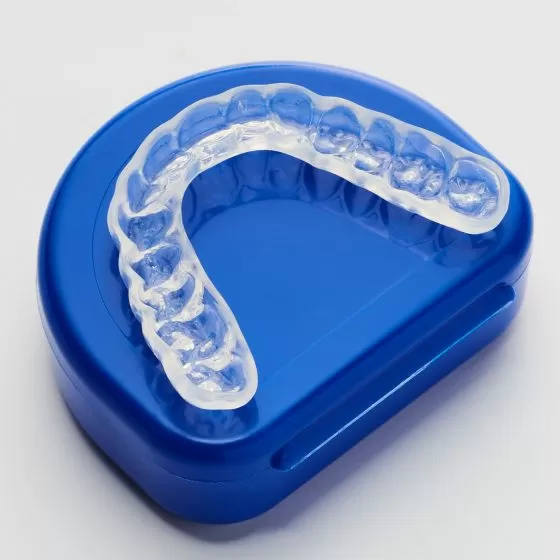Should I have a bridge or an implant?
Missing teeth replacement options
If you’ve recently lost a tooth due to periodontal disease, an accident, or other dental trauma, you may be weighing your replacement options. You have a few choices: fixed bridges, full or partial dentures, or dental implants. But which do you choose?
When people lost teeth in the past, only bridges and dentures were available. Now the two most common tooth replacement procedures are implants and bridges. Let’s compare these two options, including the healing time, the process, the costs and the risks.
What is the difference between dental implants and fixed bridges?
Dental implants act as a tooth root replacement. A manufactured tooth root, made from titanium, is placed into the jawbone where the missing space is. The titanium screw-like post fuses with bone over time, making the implant permanent.
The implant is then capped with a custom abutment and crown made to match your natural teeth.
Most patients with dental implants report little discomfort — usually less than a tooth extraction. Local anesthesia is typically used during the procedure, and post-procedure soreness can be treated with over-the-counter medication such as ibuprofen.
When is it time for a dental implant or bridge?
When your tooth breaks badly or is loose, call your dentist immediately. Usually, teeth fall out due to periodontal disease or dental decay. A missing tooth, in addition to feeling uncomfortable, can lead to bone loss and to the drifting of surrounding teeth.
Why should you choose an implant?
1. Improved oral health. This is perhaps the top reason to choose an implant. They are made of titanium posts, which do not decay. Because bridges require surrounding teeth to be reduced and altered, they are still prone to dental decay and periodontal disease.
2. Increased durability. When cared for properly, implants’ success rate is 98 percent. They can last a lifetime. Bridges will only last as long as the abutment crowned teeth. Bridges are also only as good as the adjacent teeth next to it. If a tooth falls underneath a bridge, the entire bridge is compromised and would need to be redone.
3. More appealing aesthetics. Implants are designed to match your natural teeth, making them aesthetically pleasing. Having a natural smile can lead to improved self-esteem.
4. Lower cost in the long-run. At first glance, bridges seem like the more economical option. But don’t be fooled. Bridges, as mentioned above, will only last as long as the adjacent teeth. You may have to replace it several times, depending on your age. Implants are permanent.
As mentioned earlier, a bridge requires natural teeth that had to be altered, which are at risk for disease and decay. This can also lead to future expenses.
Why should you choose a bridge?
1. Faster healing. Bridges are typically fabricated within one or two weeks, whereas an implant can take three to six months to heal.
2. Ideal if surrounding teeth need crowns. You can kill two birds with one stone here. Normally, the natural teeth are reduced to make room for the two crowns.
But if your two natural teeth adjacent to the missing space are deteriorating and need crowns, a bridge may be more sensible option.
3. Less invasive procedure. Dental implants are more invasive procedures than building a fixed bridge, a titanium post needs to be placed into your missing tooth socket. On the other hand, bridges do not involve any insertions into the bone.
Who is eligible for a dental implant?
For the most part, anyone healthy enough to have a routine dental extraction or oral surgery can undergo a dental implant procedure.
You are a candidate for implants or a bridge if you have healthy gums and adequate bone density to hold the implant.
Patients with uncontrolled chronic disorders, such as diabetes or heart disease, will typically not be considered, as these diseases interfere with the healing process.
Heavy smokers and those with bruxism, or heavy teeth grinding, will be evaluated on an individual basis.
Children are not good candidates for a dental implant because their bones and pallets are still developing. Usually, something temporary will be done until the child is old enough to receive an implant.
I want to emphasize how important is it to fully weigh all factors – including cost, eligibility and individual preferences – to choose the treatment that is best for you or a member of your family.






